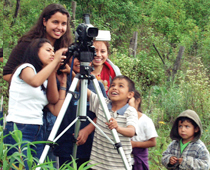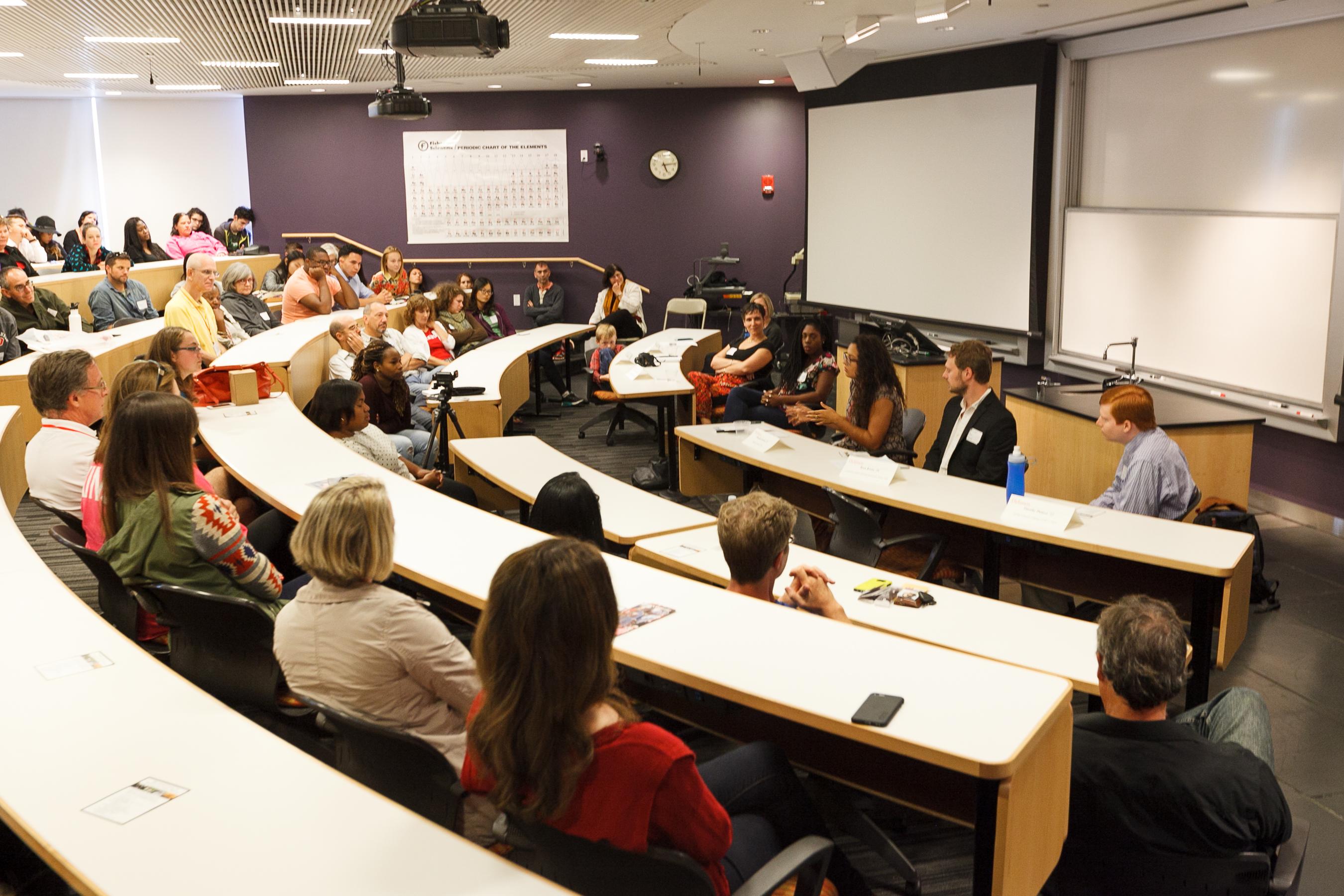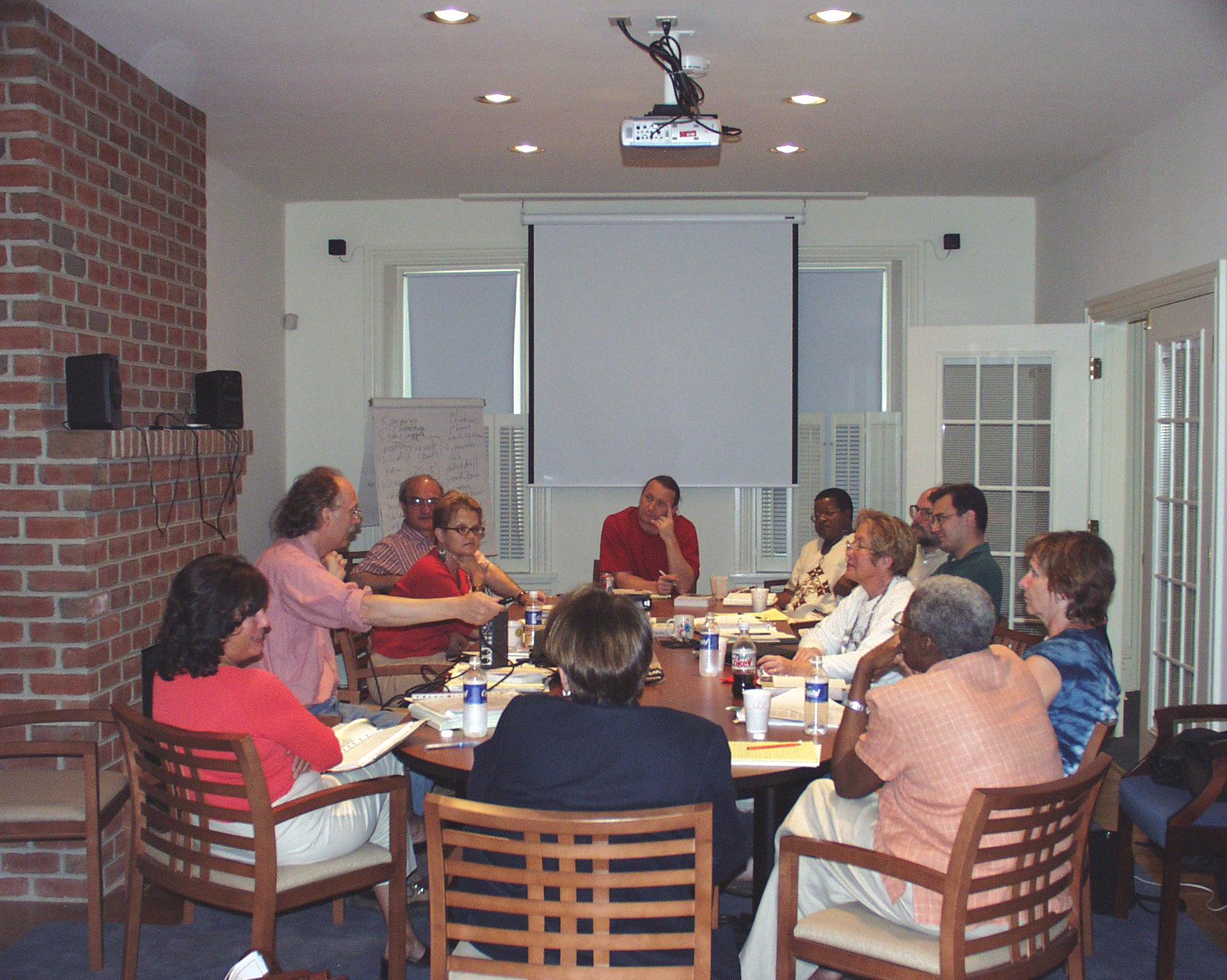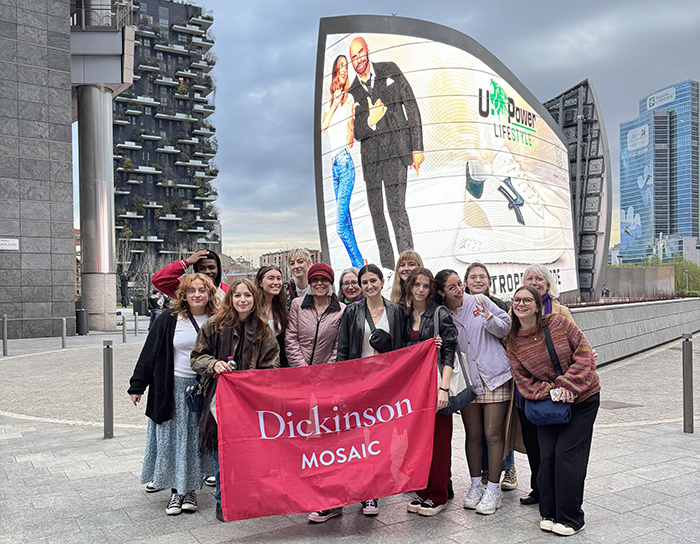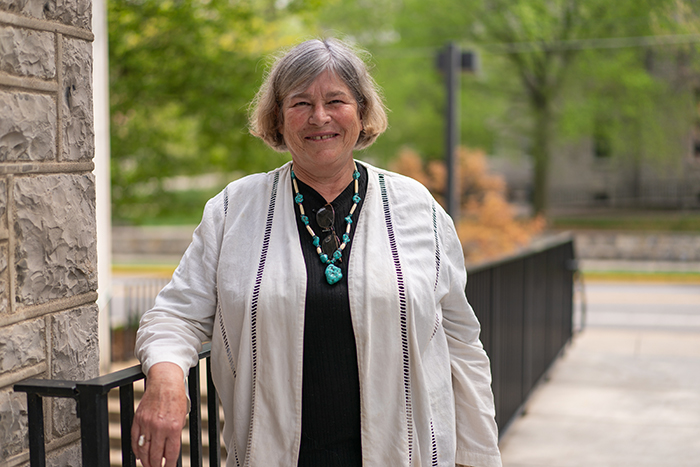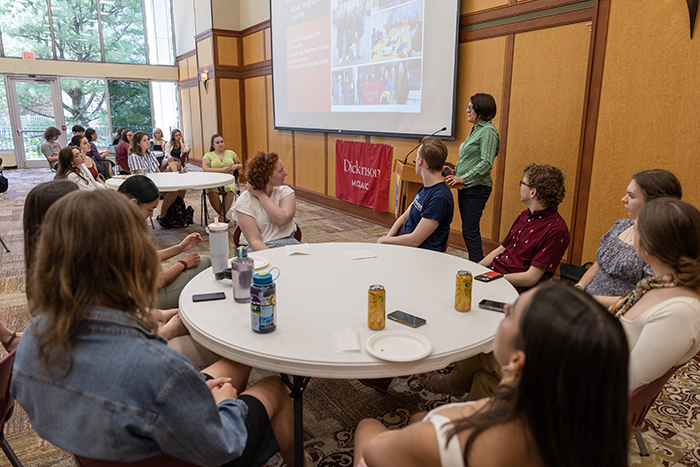Mosaics
View Menu-
Mexican Migration Mosaic
This Mosaic focused on migrant labor in Adams County, Pennsylvania, just south of Carlisle.
Read More -
Tanzania Ethnographic Field School
The field school program offers students a thorough understanding of health and nutrition challenges faced by people in East Africa.
Read More -
Comparative Black Liberation Movements: Mississippi Cotton Field
This Mosaic examined two of the most significant black liberation movements of the 20th century: the anti-apartheid movement in South Africa from the 1950s through the 1990s and the African-American civil rights movement of the 1950s-1980s.
Read More -
Venezuela Mosaic
This Mosaic provided Dickinson students with both the historical background and hands-on exposure to a variety of issues, including participatory democracy, endogenous development, regional integration and sustainable agriculture.
Read More -
Urban Sustainable Agriculture in Cuba
Dickinson has sponsored several research trips to Cuba, with a focus on political, economic and environmental factors, as well as the island nation's social sustainability.
Read More -
Steelton Mosaic
During the Steelton Mosaic (1996, 2001), students and faculty members met with workers, teachers, local business people, and residents of the multi-ethnic community of Steelton, Pa., to explore questions of mutual interest: how to raise a family, earn a living and sustain faith in a community hit hard by de-industrialization. In 2001, students focused on work, family, and migration narratives among members of the African-American community.
Read More
Mosaics
What is a Mosaic?
The mission of Mosaics is to create collaborative communities of inquiry. Faculty, students, and community partners engage in interdisciplinary field research to create shared knowledge while working toward greater equality, peace, social justice.
The objective of Mosaics is to encourage students to think reflexively about the diverse world in which they live as they engage in collaborative work with local, transnational and international communities. The Mosaics provide opportunities for students to meaningfully apply what they are learning in the classroom, both theoretically and methodologically, to the world beyond—and to bring their experiences back into the classroom.
Announcements
Atlantic Slave Trade Ghana Mosaic
This two-course Mosaic will take place in Fall 2024 with a research trip to Ghana in January 2025. The Mosaic will examine how the Atlantic Slave Trade is taught and memorialized in the United States and Ghana. The fieldwork in Ghana will focus on visiting the historically significant former slave forts Elmina and Cape Coast. Students will tour the two sites, evaluate exhibits, and meet with tour guides. Students will also meet with and interview Ghanaian educators and scholars to learn how the Atlantic Slave Trade is taught in Ghanaian schools and presented at historical sites of memory. The culminating project will be the completion of lesson plans. Significant sections of the lesson plans will be completed before going to Ghana, including the Lesson Plan goals and the Historical Background sections. Students will work with Carlisle teacher, Delia Roper, to learn about learning objectives for African American Studies AP students. Ms. Roper will also accompany the group to Ghana.
Green Cuisine: An Exploration of French Culture, Food Systems, and Economics Mosaic
Food is a basic human need that bears profound cultural significance as well as substantial economic and environmental impacts. Not only does human life depend on food for survival, but we have also developed deep-rooted attachments to what we eat, how we eat it, where, and with whom. Consequently, food production and consumption carry considerable economic and environmental consequences for individuals and societies as a whole. Overall, for every dollar spent on food, society pays two dollars in health, environmental, and economic costs. Half these costs – totaling USD 5.7 trillion each year globally – are due to the way food is produced. These costs are a direct result of the ‘linear’ nature of modern food production, which extracts finite resources, is wasteful and polluting, and harms natural ecosystems. This linear food system is ripe for disruption, and France has taken explicit steps to do just that. France is one of the world’s leading producers and exporters of food; its culinary culture has long been celebrated around the globe; and it ranks among the top 12 nations worldwide on the Food Sustainability Index, which measures food loss and waste, sustainable agriculture, and nutritional challenges. Building on recent anti-food waste policies, France adopted an ambitious law in 2020 to shape a system-wide transition towards a circular economy. The French law, referred to in short as the Anti-waste Law, encourages businesses across various sectors, municipalities, and citizens to eliminate waste and adopt more circular practices.
